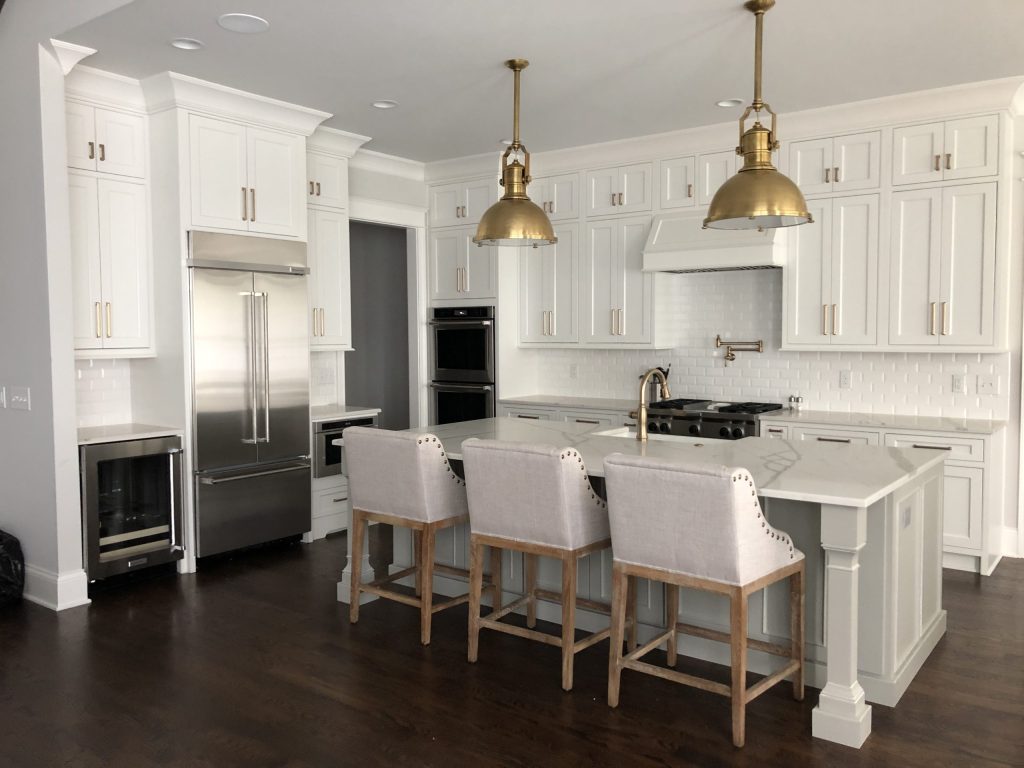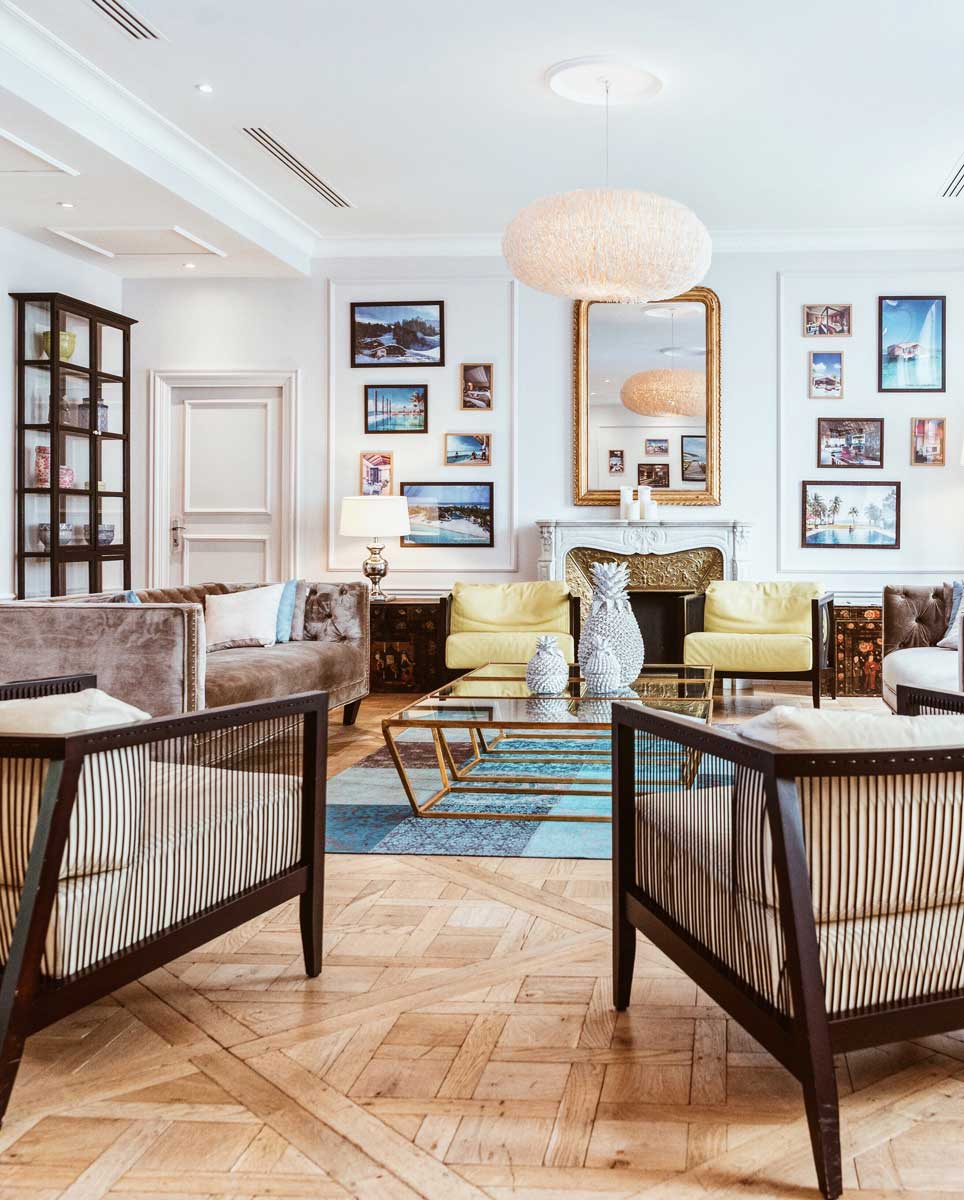What Is Clutter?
Defining clutter: a view from a professional organizer. Your guide to better understanding clutter and what it means to you.
I keep getting sucked into reading blog and social media posts on how to have clutter free counters or how to get rid of clutter forever. But most are not usually clear on how clutter is actually defined or what is a realistic vision for a space. They are pretty cookie cutter and generic. When I think about clutter – I tend to think in terms of how it affects your life rather than from a styling or staging point of view not as much the aesthetics, though that is important. So how do you define clutter?
For example, my own kitchen counters could be perceived as having clutter but the items that are currently on it – Vitamix, toaster, bowls of fruits and vegetables – are things that get used every single day. I’m not an empty counter sort of person I’ve discovered. But that is me – not you. If you are an empty counter sort of person and that is truly your vision – fantastic! Each to their own I say.
It’s not just visible parts of the home but insides of cabinets, behind the doors, up in the attic, the guest room closet and under the bed. These spaces should be as clutter free as works for you. While visible clutter can cause stress, the hidden clutter is even worse in my book because you know it is there and it is an invisible weight on your shoulders screaming out at you to do something about it.
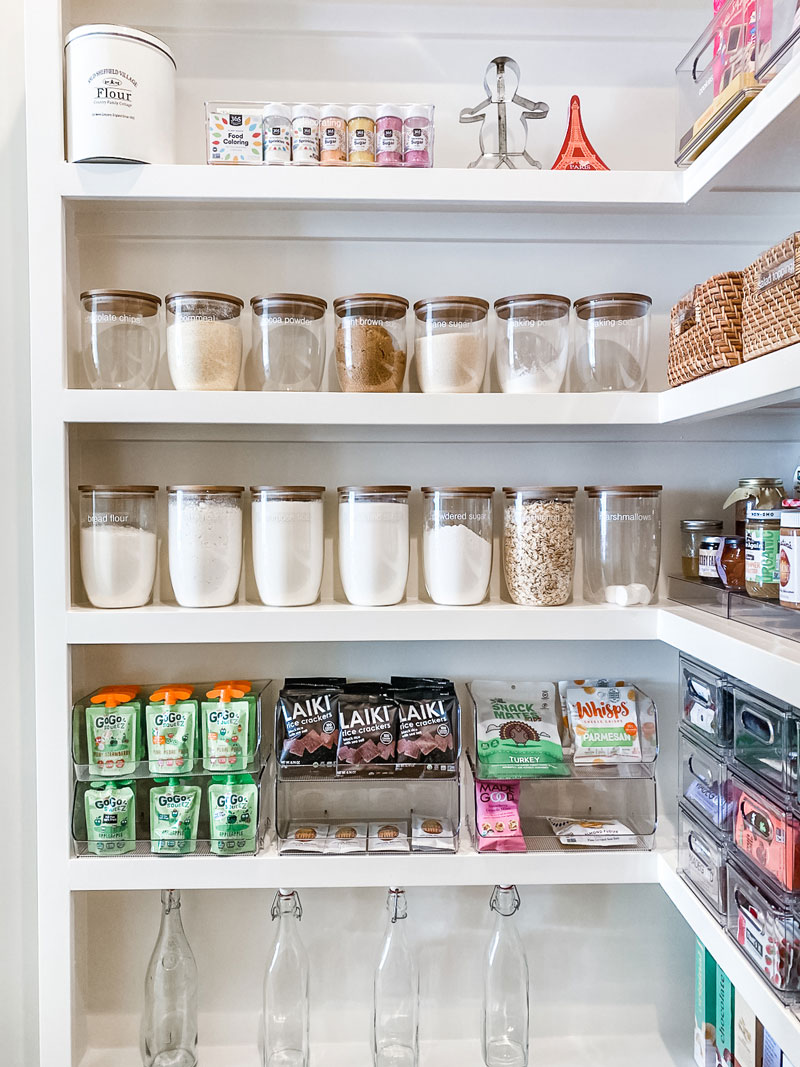
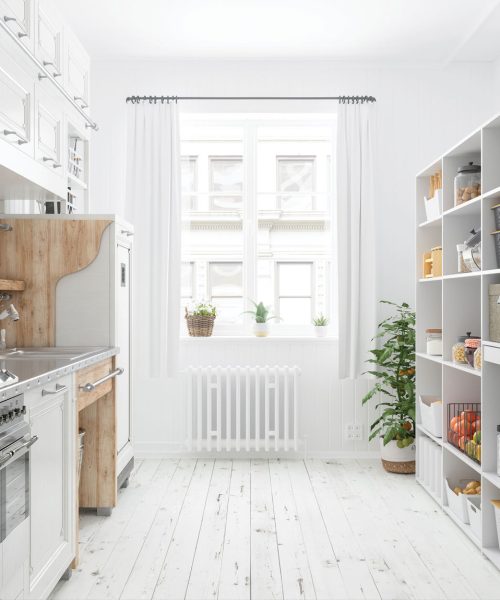
I believe that each person has a different tolerance level for what is around them that hits a tipping point where it transcends from comfortable to cluttered.
How do you know when there is too much clutter?
- You can’t find things you need like keys or pencils.
- There aren’t clear surfaces to get things done like make dinner or pay a bill.
- Storage spaces can’t actually store anything else and/or aren’t easily accessible.
- You’ve tripped over something on the floor (not left there by a rogue child).
- You’ve got that nagging feeling when you try to relax that things are left undone.
- You have repurchased items you already own because you can’t find the ones you have.
- Things have become damaged from not being stored properly.
- Everywhere your eyes land, there are things to do.
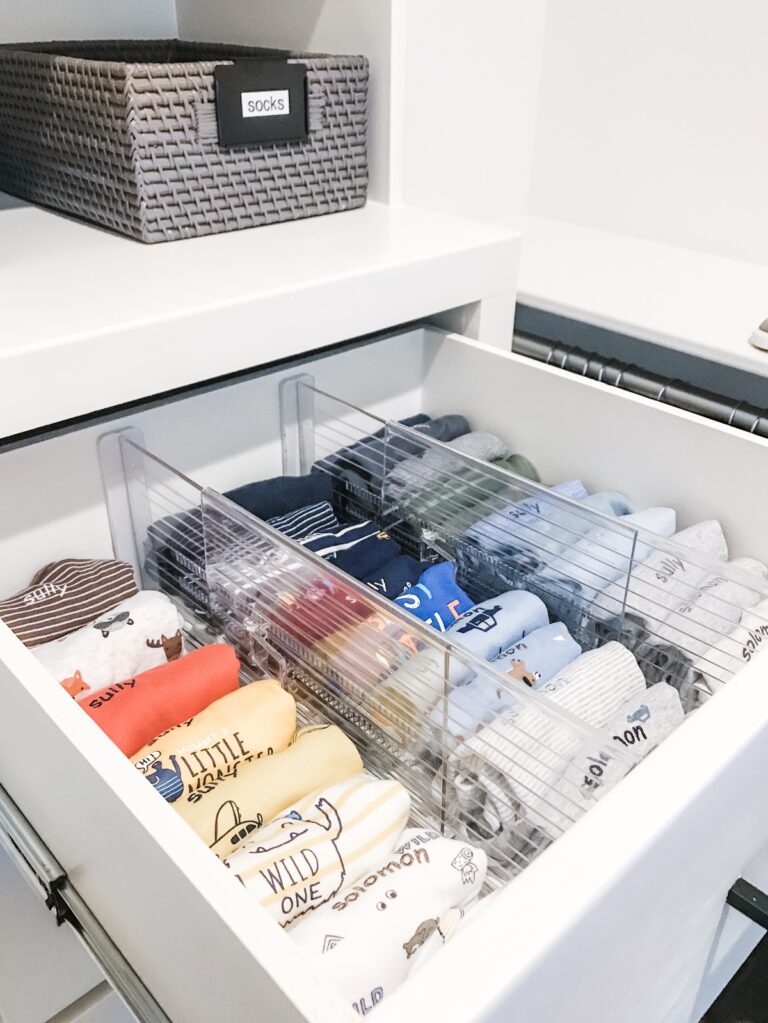
Defining Clutter
What defines your own clutter?
Part of defining your clutter level is how it makes you feel and how it impacts your daily life. My vision is to go through my day able to access the things I need, do what I need, and feel calm in my surroundings. If my space supports this and the items around me work for me – then the ‘clutter’ I have suits my lifestyle. When this gets out of whack – that’s when I know I’ve got a clutter problem.
So…how to get rid of clutter forever? Really pay attention to how your surroundings make you feel, letting go of images from Instagram or Pinterest. Those are mostly unrealistic and staged.
The traditional organizing route of pulling everything out, sorting like with like & performing a ruthless edit is key but just as key is knowing how your stuff makes you feel. Then figure out what is acceptable (to you) and what is not.
Make your space work for you and your life as it exists today, and enjoy it!
Clutter free doesn’t necessarily mean completely clear surfaces or bare shelves or living a minimalist lifestyle. It means that all of the things around you support you and your daily routine. That the space you inhabit makes you feel good – and at peace. If that means a few bowls of veggies on your counter or jam packed bookshelves – have at it! Don’t beat yourself up about it. But once it tips over into causing issues, this is when you need to make the decision to declutter and create systems that work.
Need help to declutter?

